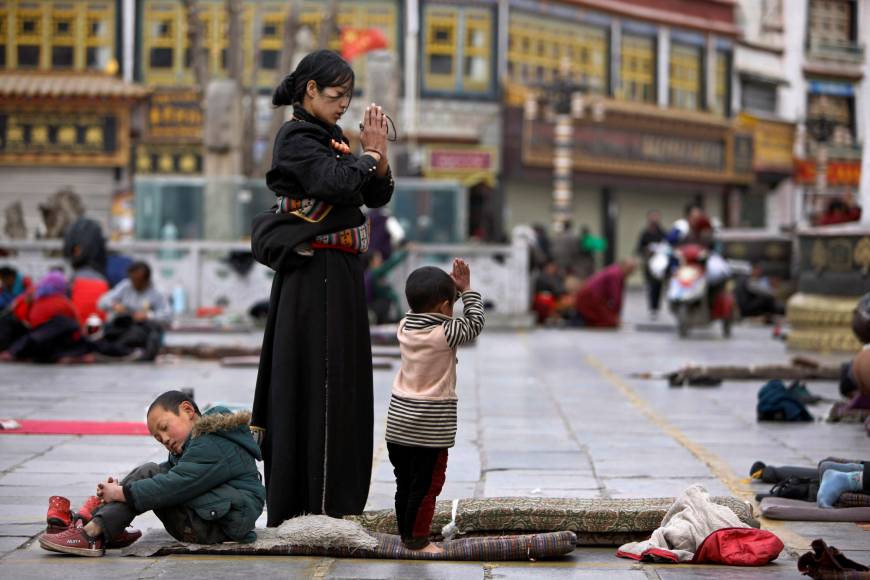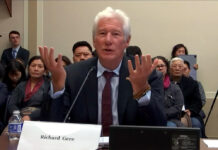
(TibetanReview.net, Sep16’20) – What is China’s official story on Tibet despite what its true history might be in the backdrop of the recently held seventh Central Symposium on Tibet Work? A leading Chinese Tibetologist has explained what it is as the country’s top political advisor Wang Yang stressed the importance of efforts to grasp the guiding principles from that meeting and putting the policies into action while visiting Qinghai.
Feng Zhi, a Tibetologist with the Institute of History of China Tibetology Research Center, has explained China’s position this way: “Tibet has been an inseparable part of China since ancient times, the ethnic groups in Tibet, together with other ethnic groups living in inland areas, created the Chinese nation. People of all ethnic groups in Tibet have a fine tradition of patriotism, who have written many moving stories of safeguarding national unity and strengthening ethnic solidarity.”
The first requirement for incorporating this stand in the official discourse is that the study of contemporary history of Tibet should be taken under the background of the history of the Party, the history of new China, the history of reform and opening up and the history of socialism development, China’s official Tibet news service eng.tibet.cn Sep 14 cited Feng as saying.
Secondly, he has continued, efforts should be made to conduct in-depth studies on the history of relations between Tibet local government and the Central government, which are evidences that Tibet has always been an inseparable part of China since ancient times and the central government has always exercised administration over Tibet’s local government since ancient times.
And thirdly, Feng wants importance to be attached to strengthen ideological and political education in schools so as to ensure that patriotism runs through all process of school education.
Fengs interview remark came as Wang, a member of the Standing Committee of the Political Bureau of the Communist Party of China (CPC) Central Committee and chairman of the Chinese People’s Political Consultative Conference National Committee, made an inspection tour of Qinghai Province over Sep 14-15.
He called for efforts toward a profound understanding of the CPC’s policies on governing Tibet for a new era, for people to be aware of the new situation and tasks facing work related to Tibet, and for the promotion of long-term peace and stability in Tibetan-inhabited areas, reported China’s official Xinhua news agency Sep 15. He has called for various activities to be carried out to communicate the guiding principles from the seventh Central Symposium on Tibet Work.
In particular, he was reported to have wanted more efforts “to handle deep-seated issues that have a bearing on enduring peace and stability,” adding that “Tibetan Buddhism should be guided in adapting to the socialist society.”





